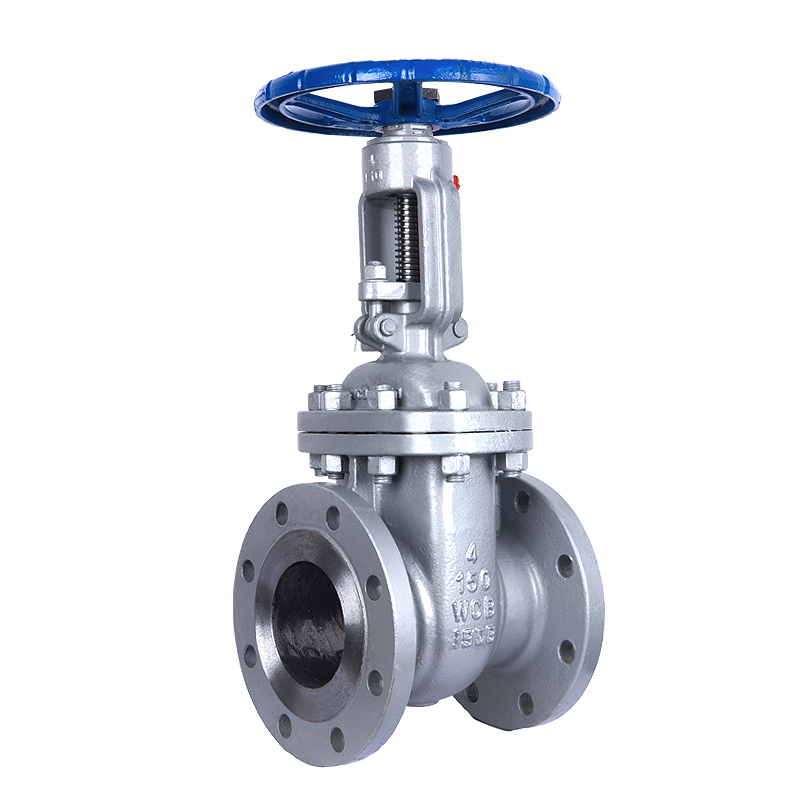High-Quality Precision Flange Production for Reliable Industrial Applications
Precision Flange Manufacturer An Essential Component in Modern Engineering
In today's rapidly advancing industrial landscape, precision components play a pivotal role in ensuring the success and efficiency of various engineering projects. Among these, flanges are vital components used in pipe systems and machinery to facilitate the connection of different parts. In this article, we will delve into the significance of precision flange manufacturers and how they contribute to the reliability and integrity of industrial applications.
Understanding Flanges
Flanges are mechanical devices that provide a connection point between two parts, typically in piping or machinery applications. They can be found in various shapes and sizes, designed to meet the specific requirements of different tasks. Flanges can be made from diverse materials, including metal, plastic, and composite materials, with metal flanges being the most common due to their strength and durability.
The primary functions of flanges include facilitating the disassembly of connected components, allowing for easy maintenance, and ensuring a secure and leak-proof connection. They come in various types, including weld neck, slip-on, blind,socket weld, and threaded flanges, each serving distinct purposes based on the application's requirements.
The Role of Precision in Flange Manufacturing
Precision is critical in flange manufacturing. The smallest deviation in measurements or tolerances can lead to significant problems, such as leaks, failures, or even catastrophic accidents in high-pressure systems. Therefore, precision flange manufacturers employ advanced tools and technologies to fabricate flanges that meet stringent specifications and industry standards.
Utilizing Computer Numerical Control (CNC) machinings, such manufacturers can achieve high levels of accuracy in creating complex flange shapes, ensuring that each product fits perfectly with its counterpart. This process reduces the likelihood of errors and enhances the overall reliability of the flanged connections.
Industry Standards and Compliance
Precision flange manufacturers must adhere to various industry standards, such as those established by the American National Standards Institute (ANSI) and the American Society of Mechanical Engineers (ASME). Compliance with these standards ensures that flanges meet the specific requirements for pressure ratings, material properties, and dimensional tolerances.
precision flange manufacturer

Additionally, quality control protocols play a significant role in the manufacturing process. To ensure that every flange meets the required standards, manufacturers often implement rigorous testing methods, including pressure testing, dimensional inspections, and non-destructive testing. Such thorough quality assurance processes provide confidence that the final products can withstand the stresses and demands of their intended applications.
The Importance of Material Selection
The selection of appropriate materials is another critical aspect of precision flange manufacturing. Depending on the application, flanges can be made from carbon steel, stainless steel, alloy steel, or even plastic materials for specific environments. Each material offers different advantages, such as corrosion resistance, weight, and cost.
For instance, stainless steel flanges are often favored in environments exposed to moisture and chemicals due to their ability to resist corrosion. In contrast, carbon steel flanges might be employed in applications requiring strength and durability without the added weight of stainless materials.
The Future of Precision Flange Manufacturing
As industries evolve and new technologies emerge, the demand for precision components, including flanges, is likely to increase. The growth of sectors such as renewable energy, oil and gas, and advanced manufacturing is expected to drive this demand further. Additionally, the rise of automation and digital manufacturing processes will enhance the capabilities of precision flange manufacturers, allowing for even greater accuracy and efficiency in production.
Moreover, sustainability and environmental considerations will also play an increasingly vital role in the manufacturing process. Precision flange manufacturers are likely to explore eco-friendly materials and methods, minimizing their carbon footprint while delivering high-quality products.
Conclusion
In conclusion, precision flange manufacturers are essential players in the engineering and manufacturing sectors. By producing high-quality, precise flanges that conform to industry standards, these manufacturers ensure the reliability and safety of numerous applications across various industries. As technological advancements continue to shape the manufacturing landscape, the importance of precision in flange production will only grow, leading to improved performance and greater sustainability in the future. Whether in oil and gas, water treatment, or any other industrial sector, precision flanges will remain a cornerstone of modern engineering.
-
The Key to Fluid Control: Exploring the Advantages of Ball Valves in Industrial SystemsNewsJul.09,2025
-
The Versatile World of 1, 2, and 3 Piece Ball ValvesNewsJul.09,2025
-
Stainless Steel Ball Valves: The Ideal Choice for Efficient Flow ControlNewsJul.09,2025
-
Optimizing Fluid Control with Ball Float ValvesNewsJul.09,2025
-
Manual Gate Valves: Essential for Control and EfficiencyNewsJul.09,2025
-
Everything You Need to Know About Butterfly ValvesNewsJul.09,2025
-
The Versatility of Wafer Type Butterfly ValvesNewsJul.08,2025




